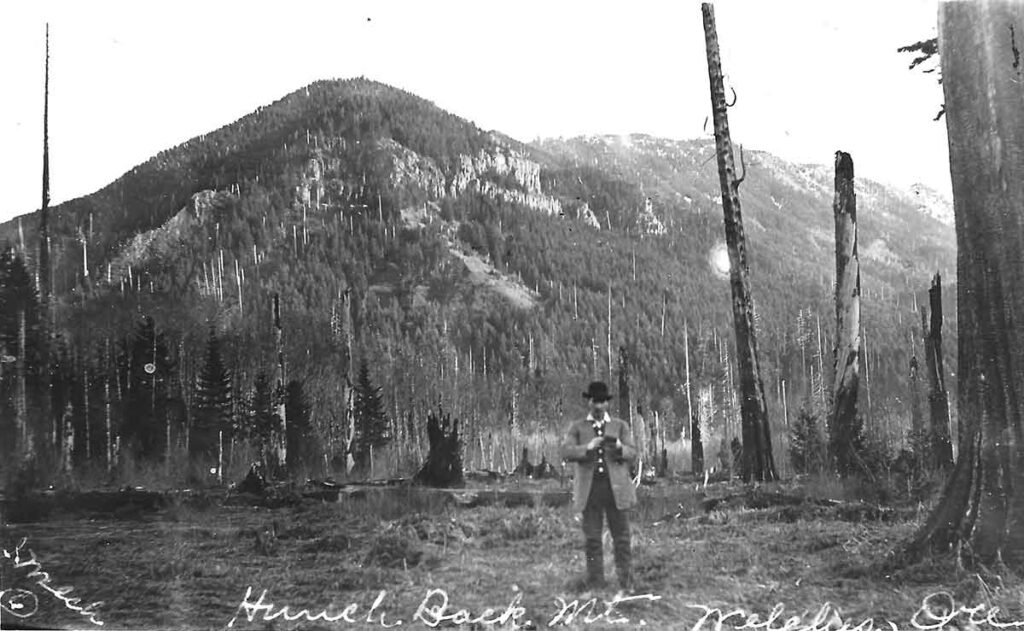The Big Burn, or as it was called, “The Big Blowup” saw huge fires in the whole of the Northwest including Idaho, Montana and Washington. Although it wasn’t considered a part of the Big Blowup, that August a wildfire threatened to burn down the towns between Sandy and Government Camp.

